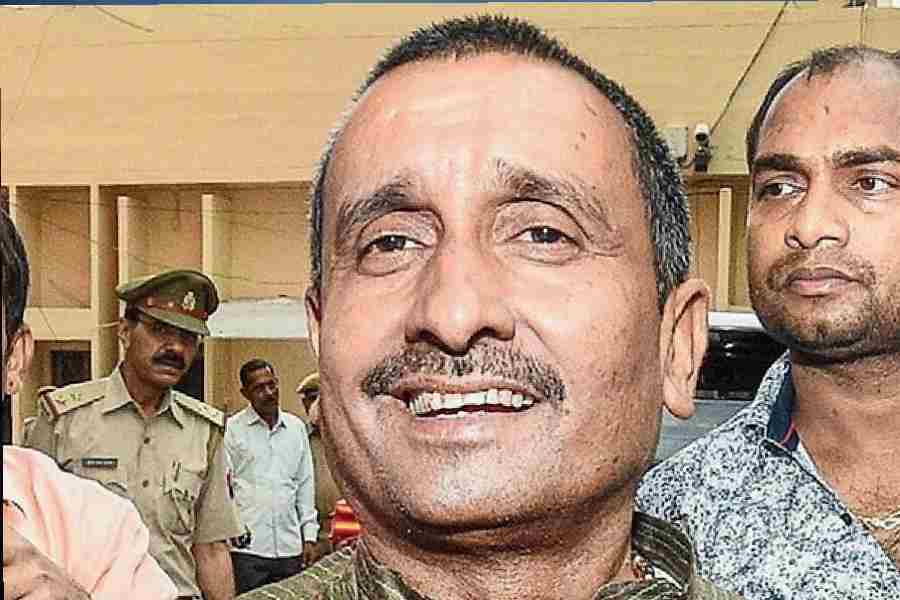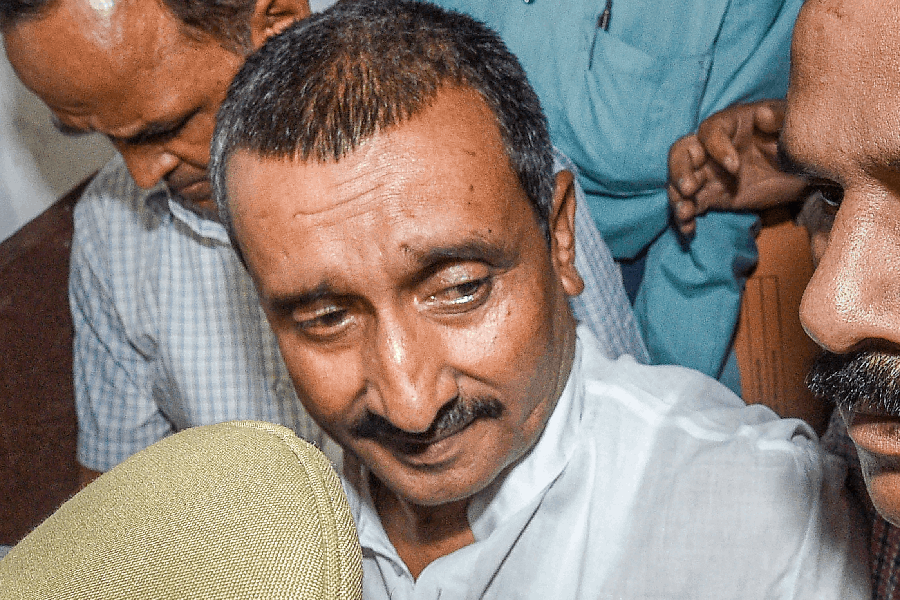Book: GLASS BOTTOM
Author: Sonali Prasad
Published by: Picador
Price: Rs 499
Set in a small coastal town facing the Arabian Sea, Sonali Prasad’s debut novel looks beyond the superficial calm and quiet of the sea and sea-adjacent regions to peer into the lives of two mother-daughter pairs. There is Gul, the head of the earth sciences department at a university, whose long braid was once the talk of the town, and Arth, her young daughter, who is rediscovering life through art and the analytical view of society that it offers. At the other end of the spectrum, there is Luni, who works at a parlour and, occasionally, at people’s homes, and saves threads of hair for her embroidery, and Himmo, her six-year-old daughter, who takes plastic pearls to be real ones and is yet to learn the ways of the town.
Like the many things that the ocean throws out of its belly — from flip-flops to estranged whales — a giant fish, with its fins cut off and a “benign ocean smile”, washes ashore one day and the town’s subconscious awakens in its aftermath. So begins the inward journey towards “the inevitable spectrum [of] love, loss [and] loneliness”. Forgotten desires, dead or absent fathers, ex-husbands and ex-lovers occupy the minds of the four women/girls and Prasad takes the liberty of conveying them to us. Themes like the changing climate, the blurring boundaries between man and nature, the State’s possible political agendas, and the growing capitalistic mindset of the town unfold slyly in the background.
Prasad, a writer-journalist, however, delivers these themes rather ambiguously. Accidents precede their explanations, the narration is non-linear, and the structure seems to be a proverbial myth. In this experiment, Glass Bottom has the tone of Not a River to it, except that in the latter, the author, Selva Almada, courteously leaves the reader with the information one possibly requires to decode the story, even if in a disorderly fashion. Glass Bottom, in contrast, leads the readers into a maze and leaves them stranded in its labyrinth. Against the few references that Prasad does end up offering later in her notes, there are as many that go unacknowledged, isolating the readers further.
One could say that this novel is not for the uninitiated, but that would be putting an additional burden on the reader when in reality, the writer herself is responsible for leaving things unanswered. The onus, hence, is on Prasad. There is talk about women’s reproductive cycles (from menstruation to ovulation to even abortion or sterilisation) but the issue becomes misplaced sans context or explanation. There is a passing reference to the scattering of Mahatma Gandhi’s ashes in the Arabian Sea; one wonders if it is in connection with Neelam Parikh, Gandhi’s great-granddaughter. There are other religions and cultures coexisting in the book and there evidently is ‘Othering’, but the identity of this ‘Other’ is not made definitive. These instances may not have a direct link to the novel’s plotline (if it has one, that is) but it must be acknowledged that the book is full of such incoherent mysteries. Prasad’s writing is suggestive and if this is the glass-bottom view that she offers, it is translucent at best.
When a child asks “what color is the earthquake?” or when a daughter wonders if “the most profound of all elsewheres [could] be lost childhood” as she thinks of her ageing mother, it bears proof that Prasad has great mental and emotional depth. It is just that Prasad falls short when it comes to explaining the effort, intensity and nuances of her writing and, by extension, her characters. This is something that is regrettable, especially when a writer shows as great a promise as Prasad has. Hopefully, this lacuna would get resolved as Prasad writes more books.










